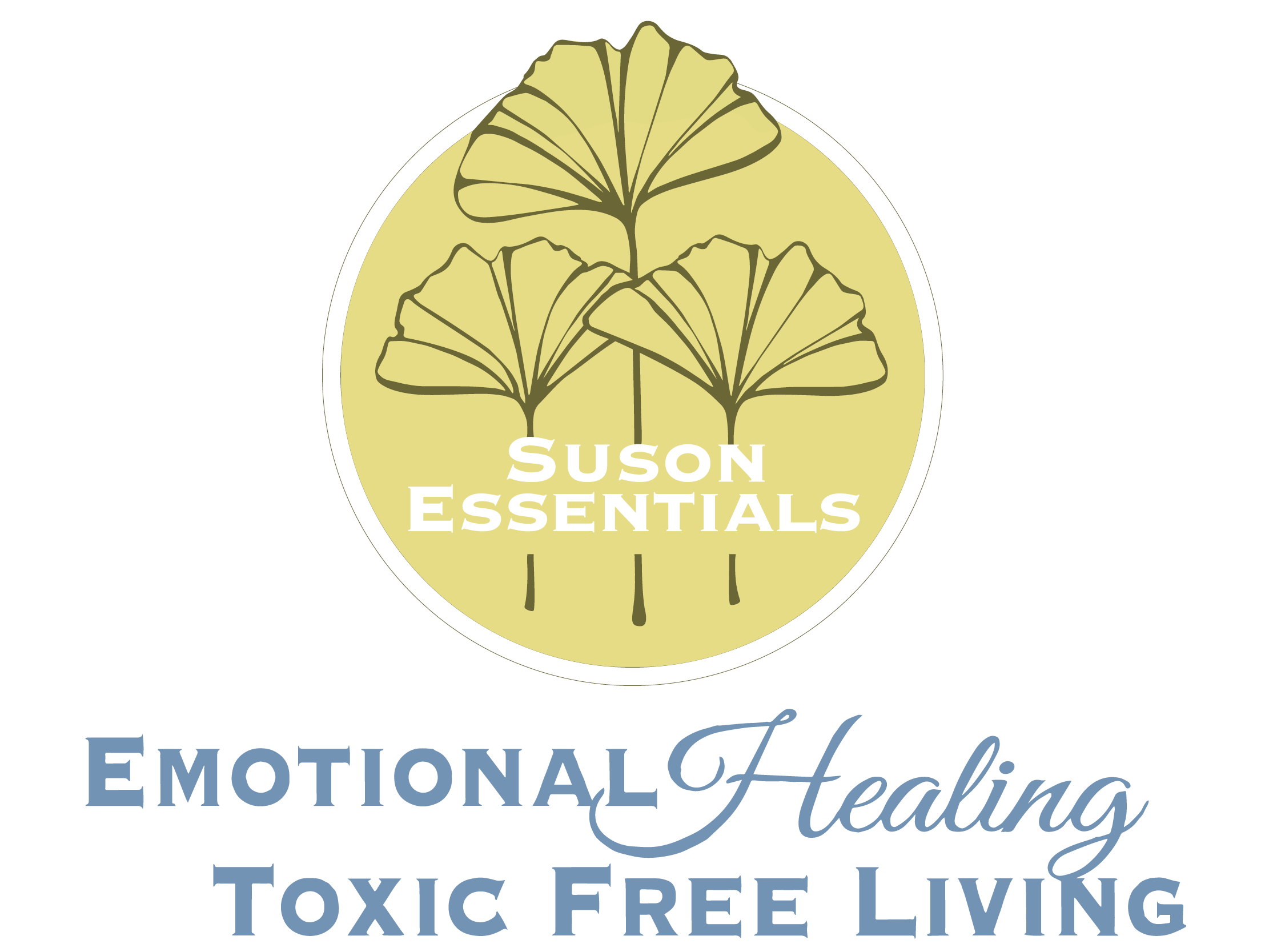In recent years, Ashwagandha, a staple in Ayurvedic medicine, has garnered widespread interest in the wellness industry for its adaptogenic properties, particularly its potential to enhance cognitive functions such as memory, focus, and reaction time. Originating from the Withania somnifera plant, Ashwagandha has a long history in traditional medicinal practices, especially in India, where it was valued not only for its restorative qualities but also for its balancing effects on the body’s stress response. This paper delves into the scientific basis and anecdotal evidence surrounding Ashwagandha’s impact on cognitive health, particularly within a 30-day supplementing period, aiming to provide readers with a comprehensive understanding of its potential benefits.
Background of Ashwagandha
Ashwagandha, often referred to as “Indian ginseng,” belongs to a class of herbs known as adaptogens. Adaptogens are believed to support the body’s natural ability to cope with stress, and Ashwagandha has specifically been noted for its effect on cortisol levels, the body’s primary stress hormone. Research has shown that chronic stress can impair cognitive functions, and by moderating cortisol levels, Ashwagandha may mitigate some of these adverse effects. Studies such as those published in journals like the Indian Journal of Psychological Medicine have documented reductions in stress and anxiety among individuals taking Ashwagandha (Chandrasekhar et al., 2012). These findings lend credence to the idea that Ashwagandha’s benefits are not merely speculative but are grounded in observable physiological changes.

Scientific Evidence on Memory, Focus, and Reaction Time
While anecdotal accounts of Ashwagandha’s cognitive benefits are abundant, empirical studies further validate its potential. A study by Lopresti et al. published in Phytotherapy Research evaluated the cognitive performance of individuals taking Ashwagandha supplements for eight weeks. The study observed significant improvements in memory, attention, and processing speed compared to the placebo group, supporting the herb’s efficacy as a natural cognitive enhancer (Lopresti et al., 2019). Another critical study conducted by Pingali et al. published in Journal of Dietary Supplements corroborates these findings, indicating improvements in reaction time and mental clarity in individuals supplementing with Ashwagandha for 30 days (Pingali et al., 2014).
Mechanism of Action
Ashwagandha’s effects on cognitive health are thought to stem from several biochemical mechanisms, particularly its interaction with neurotransmitter systems and its antioxidant properties. Studies indicate that Ashwagandha possesses compounds such as withanolides, which are believed to exert neuroprotective effects by countering oxidative stress in the brain. Oxidative stress has been linked to cognitive decline, and by reducing oxidative damage, Ashwagandha may support long-term brain health. Furthermore, Ashwagandha may influence neurotransmitters such as GABA, a neurotransmitter associated with relaxation and reduced neuronal excitability. This interaction may explain Ashwagandha’s calming effect on the nervous system, which, in turn, can enhance cognitive functions by reducing the noise of stress and anxiety that often impairs focus.
Anecdotal Experiences of Ashwagandha Supplementing
The lived experiences of individuals who have taken Ashwagandha for cognitive benefits add a valuable dimension to our understanding of the herb. Many report a gradual improvement in focus and clarity, with effects becoming more noticeable after two weeks of consistent use. A 30-day supplementation period allows time for the cumulative benefits of Ashwagandha to manifest, aligning with the body’s natural processes and promoting a balanced enhancement in cognitive function. This period is particularly important for those who may be skeptical of herbal supplements; experiencing measurable improvements within a month can serve as a compelling indicator of Ashwagandha’s efficacy.
Dosage and Recommendations
For those interested in incorporating Ashwagandha into their routines, understanding the optimal dosage is crucial. Studies often utilize a dosage range of 300-600 mg of standardized Ashwagandha extract, with 500 mg being a common recommendation for cognitive benefits. Different forms of Ashwagandha, such as powders, capsules, and tinctures, offer various levels of bioavailability, which can influence effectiveness. It is advisable to consult with a healthcare professional before starting any supplementation, particularly for those with pre-existing conditions or those taking other medications. Additionally, taking Ashwagandha with food may enhance its absorption and reduce the likelihood of gastrointestinal side effects.

Side Effects and Safety Considerations
While Ashwagandha is generally considered safe for most people, it is essential to address potential side effects and contraindications. Commonly reported side effects include mild digestive issues, drowsiness, and, in rare cases, allergic reactions. Individuals with autoimmune disorders, pregnant or breastfeeding individuals, and those taking certain medications should approach Ashwagandha supplementation with caution. Ensuring the use of high-quality, third-party tested supplements can also mitigate risks related to product contamination or mislabeling, which can sometimes occur in the herbal supplement market.
Ashwagandha presents a promising natural option for individuals seeking to enhance cognitive function without the adverse effects often associated with synthetic nootropics. Its ability to improve memory, focus, and reaction time, supported by both scientific research and anecdotal evidence, makes it a valuable addition to the wellness routines of those looking to optimize their mental performance. As the popularity of adaptogens continues to grow, Ashwagandha stands out for its extensive history, safety profile, and adaptability, positioning it as a leading choice for cognitive enhancement.








